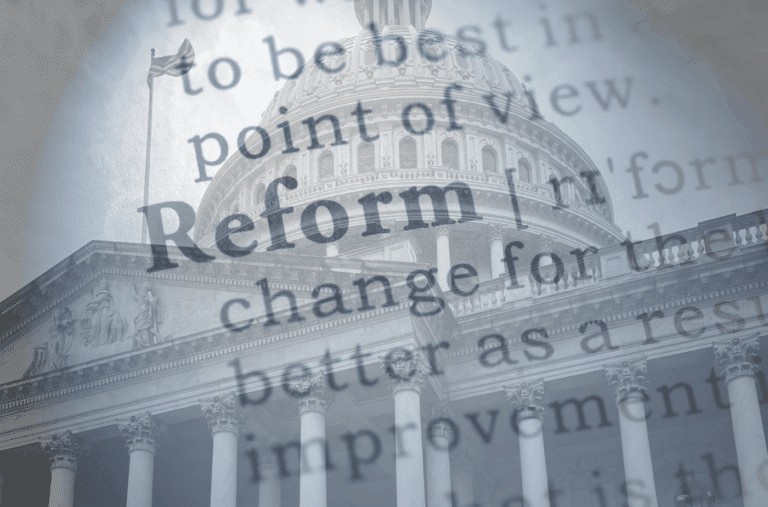By: Daniela Imig, Implementation Specialist, equivant Pretrial
The pretrial phase of the criminal justice system presents unique challenges, particularly for vulnerable populations, including individuals with mental health issues, substance use disorders, and those experiencing homelessness. As criminal justice practitioners and stakeholders, it is imperative to develop strategies that address these needs effectively to promote fairness and reduce recidivism.
Individuals with mental health issues often face significant barriers during the pretrial process.
Traditional assessment tools may not adequately consider their conditions, leading to inappropriate detention or inadequate support. Implementing specialized training for law enforcement and court personnel can foster a better understanding of mental health issues and promote compassionate, informed responses.
Substance use disorders also require specialized attention.
Pretrial detention can disrupt access to treatment, exacerbating addiction issues and increasing the likelihood of reoffending. Developing pretrial diversion programs that connect individuals with substance use treatment can be an effective strategy. By providing support and resources, we can address the root causes of criminal behavior and promote recovery.
The unhoused population faces unique hurdles in the pretrial phase.
The lack of stable housing can complicate court appearances and increase the likelihood of detention. Stakeholders should advocate for housing-first initiatives that prioritize stable living conditions as a means of reducing pretrial detention rates. Collaborating with local agencies to provide supportive housing solutions can significantly impact outcomes for this population.
Community engagement is critical.
Involving vulnerable populations in discussions about their needs and potential solutions can foster a sense of ownership and empower individuals to advocate for themselves. By elevating their voices, we can develop more effective, tailored responses that genuinely address their circumstances.
Addressing the needs of vulnerable populations in the pretrial phase is essential for promoting equity and justice within the criminal justice system. By implementing targeted strategies, engaging in community outreach, and advocating for systemic reforms, practitioners can help create a more inclusive and supportive environment for all individuals. For more information about how equivant Pretrial’s software and risk assessments account for vulnerable populations, please reach out.






